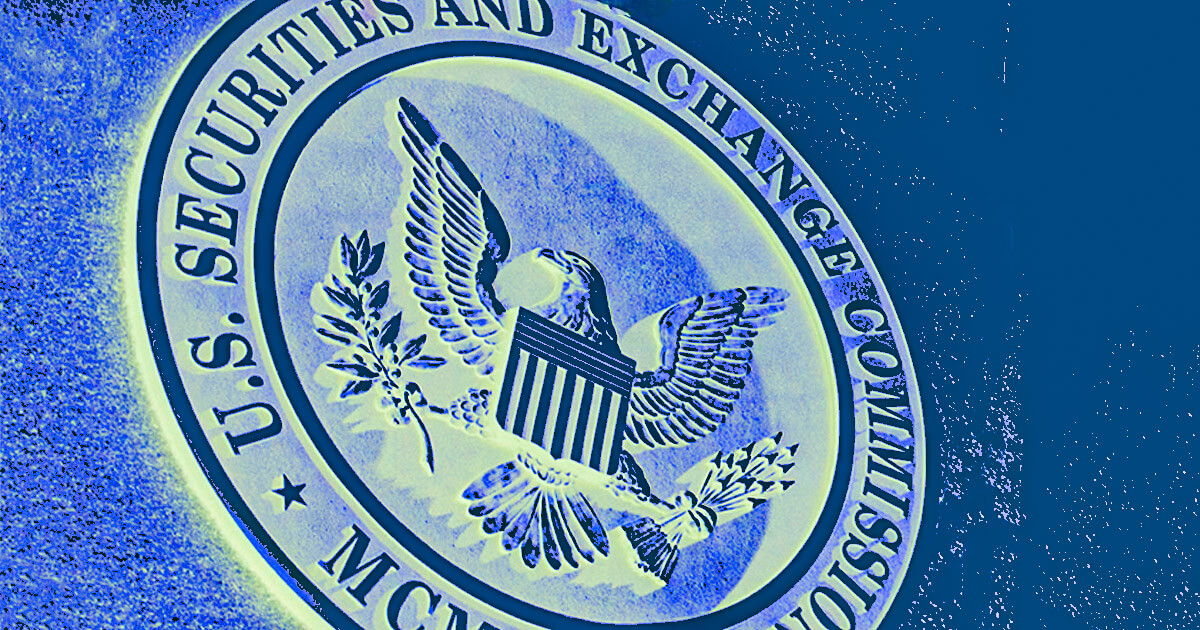As Congress prepares for its final stretch of lawmaking for the year, the docket includes two major crypto bills that made strides this summer. Backers of each claim bipartisan support, but passing them into law this year is a tall order.
At issue are two proposals that passed the House Financial Services Committee in July. One bill, on crypto market structure, would put the Commodity Futures Trading Commission in charge of regulating a broad swath of the token market, a move that some Republicans and crypto companies hope would neuter a crackdown by the Securities and Exchange Commission. The other would set out requirements for stablecoins, a kind of token whose value is pegged to the dollar and backed by reserves.
Crypto firms have hoped that the bills could bring some clarity to how digital assets are regulated. The belief is that would make it easier to operate their companies in the U.S. and potentially attract traditional firms that have hesitated to plunge into the world of coins and tokens.
Barring some unforeseen breakthrough, neither bill seems on its way to becoming law soon. “It’s fair to say that there’s no expectation that they’re going to become law this year or next year,” said Owen Tedford, a senior research analyst at Beacon Policy Advisors in Washington.
The market structure bill has been roundly criticized by the industry’s critics.
Advertisement – Scroll to Continue
Congressman Stephen Lynch described the proposal as a “bad bill” in a hearing that advanced the proposal. “I can say unequivocally that this is the worst piece of legislation that has been presented for markup” in 20 years in Congress, the Massachusetts Democrat said.
An effort to regulate stablecoins had more support at least at one time, but during the hearing to advance that bill, House Financial Services Chair Patrick McHenry (R., N.C.) said that the White House had stopped negotiations from advancing.
“It was the White House’s unwillingness to compromise that has once again brought negotiations to a halt,” McHenry said.
Advertisement – Scroll to Continue
That leaves both pieces of legislation in bad positions. The House and Senate, which run on slightly different calendars, each likely only have around a dozen weeks left this year in session. Some of that time will be taken up by clashes over how to avert a government shutdown as soon as this month.
The House could end up passing the bills later this year or next year, but so far the Senate hasn’t shown any interest in taking up the issue.
“Policy maker interest and time are the biggest impediments to both bills,” said Matthew Wholey, who analyzes digital asset policy for Washington, D.C.-based PolicyPartner.
With legislation on the back burner, crypto regulation will likely still be led by SEC Chair Gary Gensler, whose agency has brought multiple lawsuits against major crypto firms including
Coinbase Global
Advertisement – Scroll to Continue
(ticker: COIN) and Binance for allegedly violating securities laws. Both companies deny those charges.
Despite major court losses against Ripple Labs and Grayscale Investments, Gensler hasn’t shown signs of backing down from his enforcement efforts. The agency has indicated that it will appeal the Ripple ruling, which seemed to restrict what token transactions fall within the agency’s purview.
Continued crackdowns by the SEC, rather than legislation, would be bad news for the industry. But as the crypto crises of 2022 get farther in the rearview mirror, Congress seems to be losing its impetus to move quickly.
“Without a sufficient catalyst, it’s hard to get Congress or the White House to feel they need to act,” Tedford said.
Write to Joe Light at joe.light@barrons.com
Credit: Source link















































